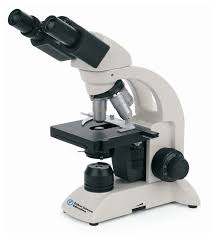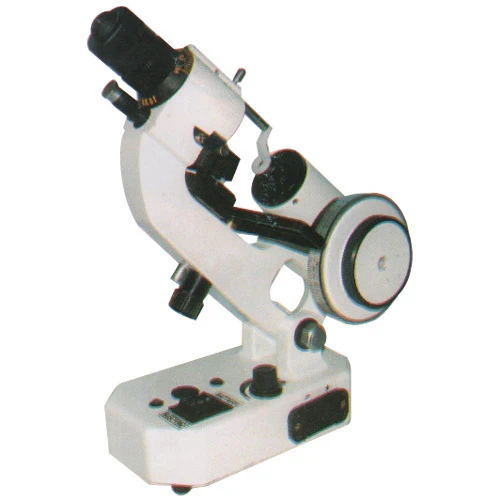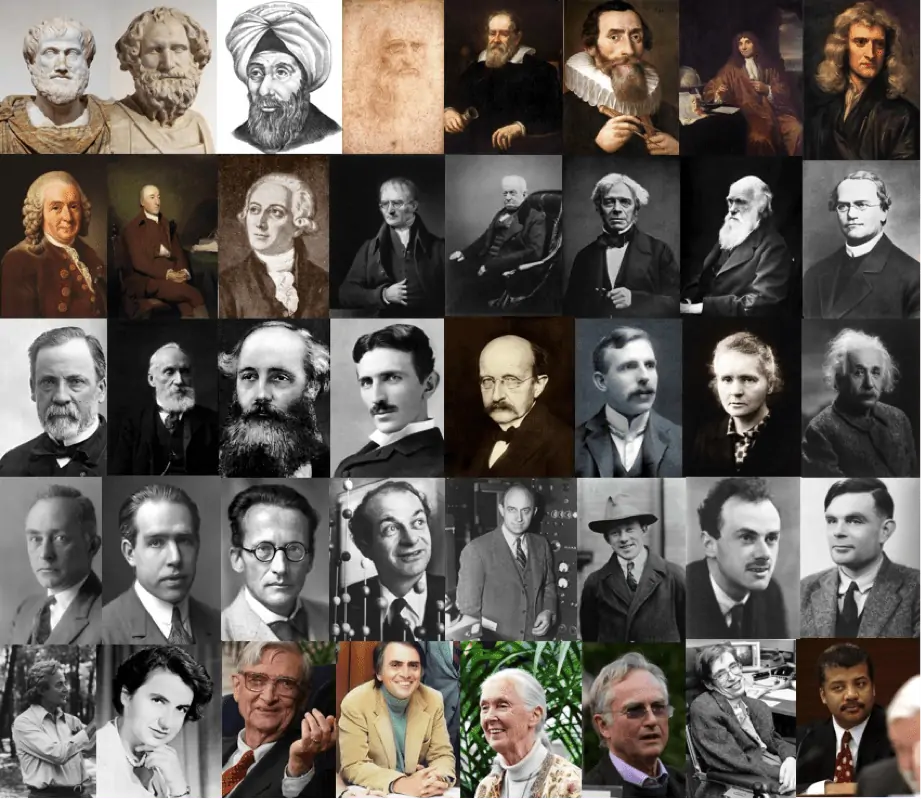Stamp: Alexey N. Severtsov (1866-1936), Russian Biologist (Soviet Union, USSR 1955)
Alexey N. Severtsov (1866-1936), Russian Biologist (Soviet Union, USSR 1955)
01 January (Soviet Union, USSR ) within release Famous Russian scientists goes into circulation Stamp Alexey N. Severtsov (1866-1936), Russian Biologist face value 40 Russian kopek
| Stamp Alexey N. Severtsov (1866-1936), Russian Biologist in catalogues | |
|---|---|
| Soloviev: | Sol: SU 1640-I |
Stamp is vertical format.
Issued in sheets of 100 (10 x 10) stamps. Second issue. Halftone, square raster. Image size - 21.5 x 32 mm. Text: First-rate Russian scientist, founder of science of evolutionary morphology. Stamp reissued in 1955/56 slightly smaller image dimensions than 1951 issue.Also in the issue Famous Russian scientists:
- Stamp - Aleksandr G. Stoletov (1839-1896), Russian Physicist face value 40;
- Stamp - Alexander M. Butlerov (1828-1886), Russian Chemist face value 40;
- Stamp - Alexander O. Kovalevsky (1840-1901), Russian Biologist face value 40;
- Stamp - Alexey N. Severtsov (1866-1936), Russian Biologist face value 40;
- Stamp - Kliment A. Timiryazev (1843-1920), Russian Biologist face value 40;
- Stamp - Nicholai N. Miklukho-Maklai (1846–1888), Russian Explorer face value 40;
- Stamp - Nikolai I. Lobachevsky (1792-1856), Russian Mathematician face value 40;
- Stamp - Nikolai S. Kurnakov (1860-1941), Russian Chemist face value 40;
- Stamp - Sofia V. Kovalevskaya (1850-1891), Russian Mathematician face value 40;
- Stamp - Stepan P. Krasheninnikov (1711-1755), Russian Geographer face value 40;
Stamp Alexey N. Severtsov (1866-1936), Russian Biologist it reflects the thematic directions:
A biologist is a scientist who conducts research in biology. Biologists are interested in studying life on Earth, whether it is an individual cell, a multicellular organism, or a community of interacting populations.They usually specialize in a particular branch (e.g., molecular biology, zoology, and evolutionary biology) of biology and have a specific research focus (e.g., studying malaria or cancer).
Famous People refers to the fame and public attention accorded by the mass media to individuals or groups or, occasionally, animals, but is usually applied to the persons or groups of people (celebrity couples, families, etc.) themselves who receive such a status of fame and attention. Celebrity status is often associated with wealth (commonly referred to as fame and fortune), while fame often provides opportunities to make money.
A microscope (from Ancient Greek μικρός (mikrós) 'small', and σκοπέω (skopéō) 'to look (at); examine, inspect') is a laboratory instrument used to examine objects that are too small to be seen by the naked eye. Microscopy is the science of investigating small objects and structures using a microscope. Microscopic means being invisible to the eye unless aided by a microscope.
An optical instrument is a device that processes light waves (or photons), either to enhance an image for viewing or to analyze and determine their characteristic properties. Common examples include periscopes, microscopes, telescopes, and cameras.
A scientist is a person who researches to advance knowledge in an area of the natural sciences




